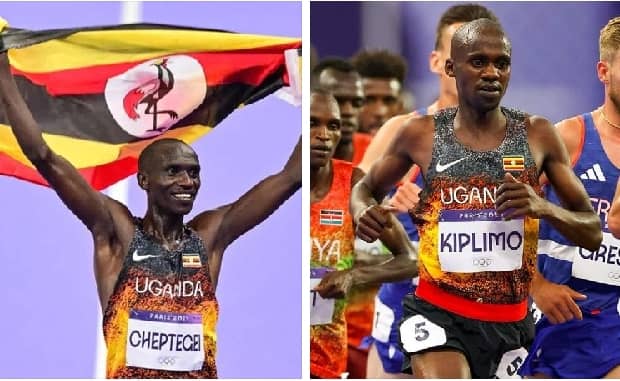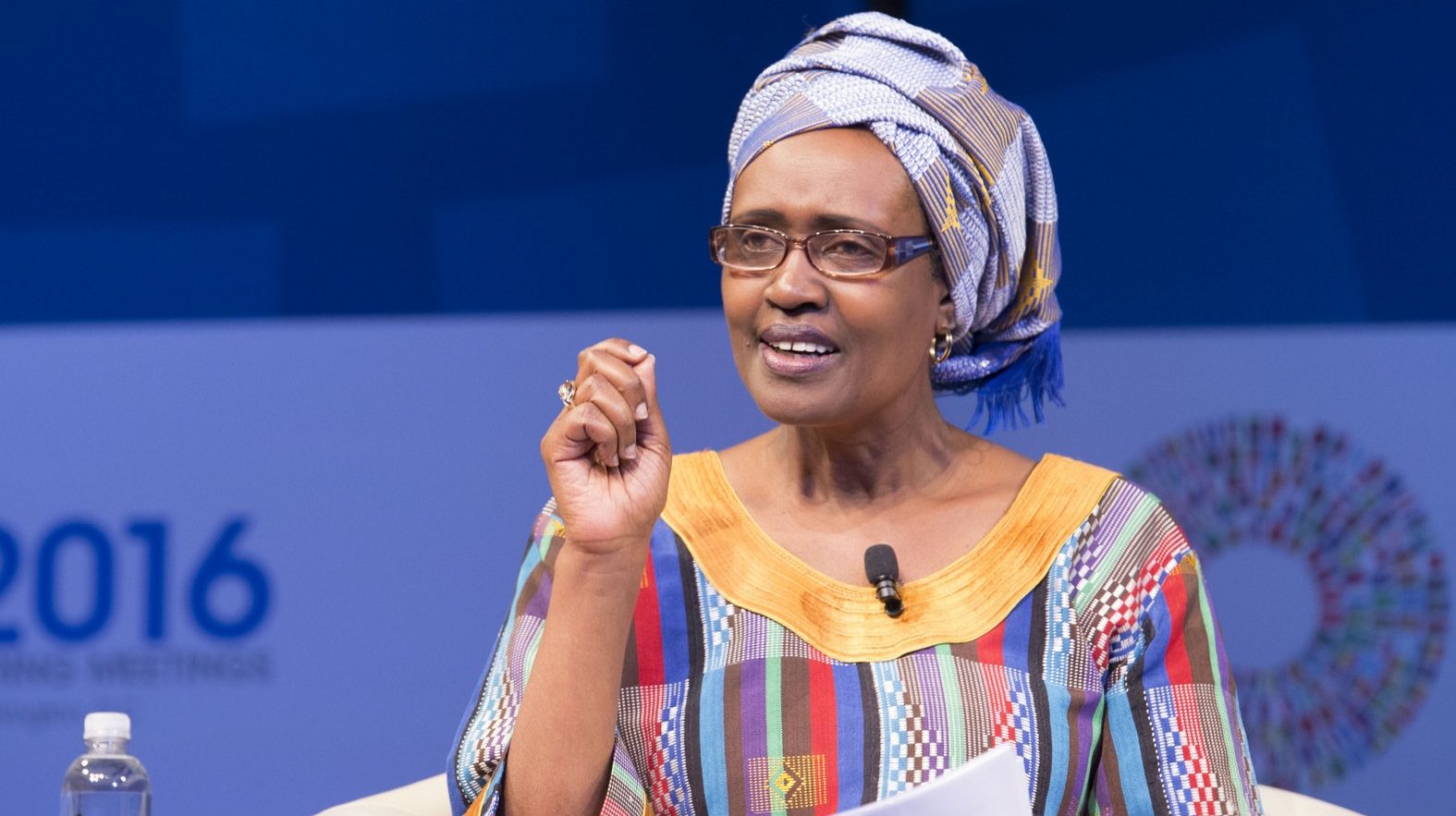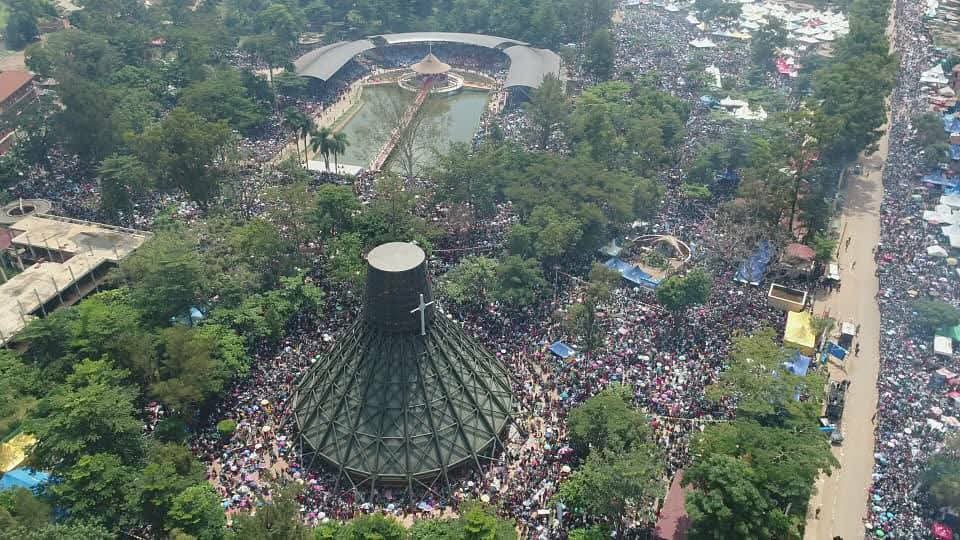Why athletes Cheptegei and Kiplimo withdraw from races
Running long distances at high intensity causes significant muscle damage, dehydration, and depletion of glycogen stores.

Uganda’s running heroes, Joshua Cheptegei and Jacob Kiplimo, are renowned for their extraordinary athletic prowess.
Yet, even these elite athletes occasionally withdraw from races, prompting questions from fans and sports enthusiasts alike. The answer lies in the intricate balance of performance and recovery, a crucial aspect of an athlete’s career.
The Science of Recovery
According to Dr. Elizabeth Nansubuga, a sports medicine specialist, the bodies of athletes Cheptegei and Kiplimo have immense demands since they are elites.
“Athletes like Cheptegei and Kiplimo push their bodies to extreme limits during competitions. Post-race recovery is not just about resting; it’s a comprehensive process involving physical, mental, and biochemical restoration,” she explains.
Running long distances at high intensity causes significant muscle damage, dehydration, and depletion of glycogen stores.
“After a race, the body needs time to repair damaged muscle fibers, replenish energy stores, and restore fluid balance,” says Dr. Nansubuga.
“This process can take anywhere from a few days to several weeks, depending on the race’s intensity and the athlete’s individual physiology.”
Preventing Overtraining and Injuries
For athletes like Cheptegei and Kiplimo, the stakes are high. Overtraining or inadequate recovery can lead to injuries, chronic fatigue, and a decline in performance.
“Athletes are at risk of stress fractures, tendinitis, and other overuse injuries if they don’t allow their bodies sufficient time to recover,” Dr. Nansubuga emphasizes.
“Withdrawing from races is a strategic decision to prevent long-term damage and ensure peak performance in future events.”
The demands of high-level competition are not solely physical. “The mental and emotional toll of competing can be profound,” Dr. Nansubuga notes.
“Athletes need time to decompress, manage stress, and refocus their mental energy. This aspect of recovery is often overlooked but is just as important as physical recovery.”
Tailored Recovery Plans
Each athlete’s recovery needs are unique. Dr. Nansubuga outlines how tailored recovery plans are developed.
“Coaches and medical teams work closely with athletes to monitor their condition and develop personalized recovery protocols. These include nutritional strategies, physiotherapy, rest, and sometimes psychological support.”
For fans, seeing their favorite athletes withdraw from races can be disappointing. However, understanding the reasons behind these decisions offers a deeper appreciation of the challenges elite athletes face.
“Withdrawing from a race is never an easy decision,” Dr. Nansubuga concludes. “But for athletes like Cheptegei and Kiplimo, it’s about the bigger picture: preserving their health, extending their careers, and ensuring they can continue to inspire us with their incredible performances.”
Olympics 2024
By the time of filling this story, the Uganda Athletics Federation (UAF) had already confirmed that Olympic champion Joshua Cheptegei and his compatriot Jacob Kiplimo have withdrawn from the 5000m semi final event for tomorrow.
“We regret to inform the public that Joshua Cheptegei and Jacob Kiplimo have withdrawn from tomorrow’s 5000m semifinals due to recovery from the demanding 10000m race,” UAF posted on its official X account.
Cheptegei won a grueling tactical 10000m gold in Paris last Friday while Kiplimo burned out with about 70m to the tape to finish eighth.
“Their bodies need more time to recover,” UAF added.
With the two top gold medal hopefuls out of the 5000m event, Uganda will now turn to Olympic 3000m steeplechase champion Peruth Chemutai to defend her crown in the final at 10.14pm tonight.
The other big medal hopeful is marathon world champion Victor Kiplangat, who runs on Saturday, August 10.
In the high-stakes world of competitive running, recovery is as crucial as the race itself. It’s a marathon, not a sprint, and ensuring that every step is taken with care is the key to long-term success and enduring athletic brilliance.






